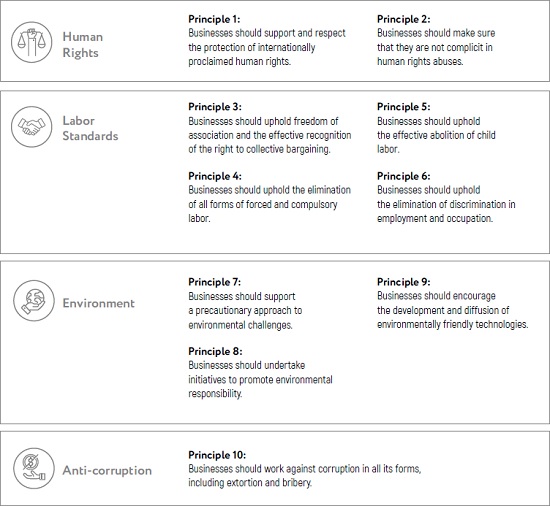Please activate JavaScript in your browser to use all interface options.
- About rosneft
- Corporate governance
-
Business
Upstream
- General Information
- Licensing
- Geological Exploration
- Reserves and resources
- Production and Development
- Gas Business
- Offshore projects
- Offshore equipment
Downstream
- General information
- Petroleum refining
- Gas Processing
- Petrochemistry
- Catalyst plants
- Production of lubricants
- Sales of oil products
- Sales of Petrochemical products and LPG
- Gas Sales
- Gas Motor Fuel Sales
-
For Investors and Shareholders
- Corporate documents
- Financial statements, presentations, annual reports
- LSE RNS disclosure
- Investor calendar
- Rosneft: Contributing to Implementation of UN Sustainable Development Goals
- ESG
- Equity
- For Insiders
- Shareholder’s Personal Account
- General shareholders' meeting
- Dividends
- Questions and answers for shareholders
- Investor tools
- Contacts
- Beware of fraud!
- Sustainable Development
- News room
Since 2010, Rosneft has been a party to the United Nations Global Compact – the most extensive international sustainable development initiative uniting over 12 thousand companies from more than 160 countries. The Global Compact declares 10 principles in the areas of human rights, labor relations, environmental protection, and countering corruption that shall be followed by the parties of their own free will. The Global Compact calls on parties to support the UN’s sustainable development goals aimed at enhancing the well-being of the present and future generations.
As a party to the UN Global Compact, Rosneft makes all efforts to meet the growing energy resource demands of the world economy, which is necessary for balanced social and economic development and improving living standards.

The UN Global Compact principles are taken into account both at the strategic and operational management levels. These principles are integrated into the Rosneft-2022 Strategy and incorporated into the system of local regulations that directly set the functioning of the Company’s major business processes.
One of the main values of Rosneft is responsible business management. The Company adheres and shares principles of basic international declarations for human rights, labor relations, combatting corruption, environment control, including:
- UN Universal Declaration of Human Rights;
- UN Declaration on the Environment and Development;
- OECD Guidelines for Multinational Enterprises;
- The ILO Declaration on Fundamental Principles and Rights at Work;
- The ILO Freedom of Association and Protection of the Right to Organize Convention (No. 87);
- The ILO Right to Organize and Collective Bargaining Convention (No. 98);
- The ILO Discrimination (Employment and Occupation) Convention (No. 111).
The principles of these international documents are formalized in the Company’s local regulations and integrated into corporate business processes.

-315xx70.png)